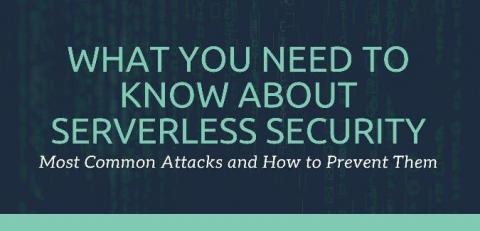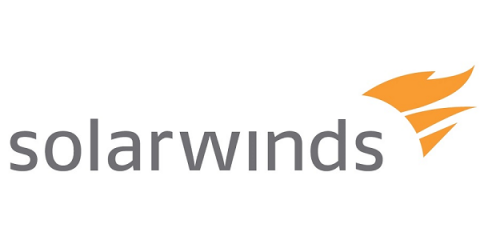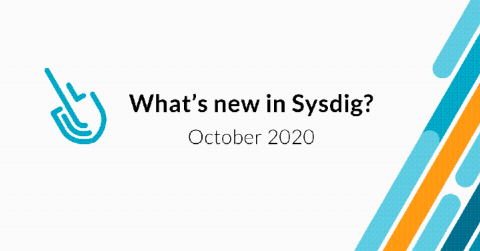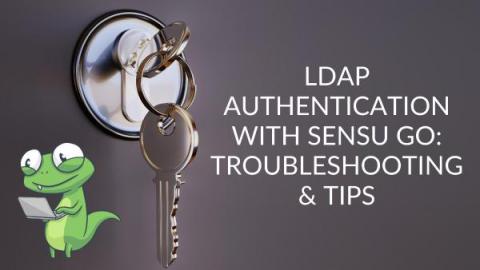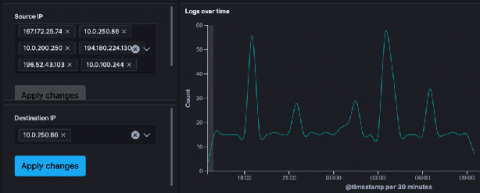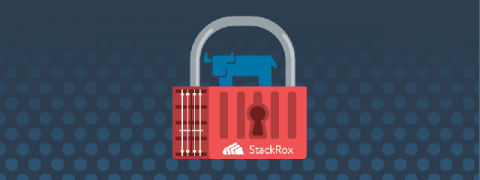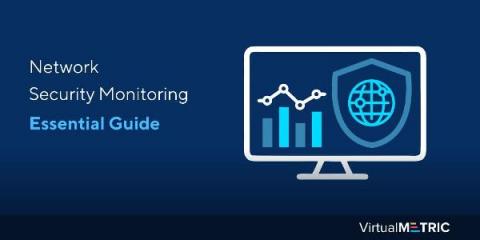Operations | Monitoring | ITSM | DevOps | Cloud
Latest News
What You Need to Know About Serverless Security
Developers at Airbnb, BBC, Netflix, and Nike all share something in common: They’re using serverless computing to ship new products and features faster than ever. And they represent a growing trend. As businesses compete to quickly deliver customer value, a whopping 60% of enterprises have already adopted, or are planning to use, serverless architectures.
Five worthy reads: Preparing an incident response plan for the pandemic and beyond
Five worthy reads is a regular column on five noteworthy items we’ve discovered while researching trending and timeless topics. With the rising concern over cyberattacks in the distributed workforce, this week we explore the concept of cybersecurity incident response during a pandemic.
Doubling Down on Database Performance Management
What's new in Sysdig - October 2020
Welcome to another monthly update on what’s new from Sysdig! This month, our big announcement was around CloudTrail and Fargate scanning support. CloudTrail support gives Sysdig Secure the ability to ingest CloudTrail events. These get fed into the runtime security engine, where rules can be created using the Falco rules language.
LDAP authentication with Sensu Go: troubleshooting & tips
SSO is often accomplished by using Lightweight Directory Access Protocol (LDAP). While LDAP has a variety of use cases, in this post, I’ll focus on authentication — specifically, how to use LDAP authentication for single-sign on (SSO) with Sensu Go. First off, a quick overview of Sensu authentication.
Track open source security exposure with Snyk and Datadog
Using open source code makes it easier to build applications, but the freely available nature of open source code introduces the risk of pulling potential security vulnerabilities into your environment. Knowing whether or not customers are actually accessing the vulnerable parts of your application is key to triaging security threats without spending hours fixing an issue that doesn’t affect end users.
Investigate Stormshield & SonicWall Events with Logz.io Cloud SIEM
Stormshield and SonicWall are popular firewalls used to monitor network traffic for malicious actors. Firewalls can help detect all kinds of attacks, like brute force logins, DDoS, and SQL Injection, but they just make up a piece of the security puzzle. Most teams will have many other security tools that address different kinds of vulnerabilities and attacks.
Take the Guesswork out of a Secure Kubernetes Deployment
As a Senior Solutions Engineer helping customers deploy cloud-native technologies, I have been using Docker and Rancher for more than five years. Heck, I even helped steer Rancher for offline use when it was the 0.19 release. I have loved the product and company for YEARS. We all know how complicated it is to set up Kubernetes, and customers love Rancher because it simplifies that rollout.
Network Security Monitoring Essential Guide
The conventional monitoring solution focussed primarily on analysing the performance of the network. Gradually, the scope of such tools increased and they are now packed with a host of security features. Focus is now more towards Forensic analysis, security threats analyzer, TCP analyzer, Firewall monitoring, Auditing and Compliances. So, how do you know which network security monitoring tool is essential for you? Which technique will provide the best ROI for your business?



